Biden Administration Expands TPS For Ukraine and Cameroon
On March 31, the Biden administration announced that they would be expanding Temporary Protected Status (TPS) for Ukrainian nationals in an effort to assist those fleeing the Russian invasion of that country to seek protection in the United States. The news was shortly followed by an April 15 announcement that the United States would provide TPS for immigrants from Cameroon after long-standing advocacy from various organizations requesting protection for individuals from that country. The TPS announcements come at a time of mounting pressure for the Biden administration to do more to protect vulnerable immigrants, particularly from countries with intense conflicts.
The March 31 announcement to provide TPS for Ukrainians builds on earlier announcements by the Biden administration that they would shield Ukrainians in the United States from deportation to the war-torn country, with the earlier announcement only applying to Ukrainians who had entered the United States before March 1, 2022. This more recent announcement now allows anyone from Ukraine who was present in the United States after April 11, 2022, to receive the benefit. The announcement is expected to benefit an estimated 59,600 Ukrainians.
The decision to provide TPS to Cameroonians was welcomed by advocates, many of whom have spent months campaigning for the designation. In response to the announcement, the Cameroon Advocacy Network tweeted: “This victory is a result of years of advocacy and leadership of Black immigrants and the support of our allies. Longstanding socio-political tensions and years of armed conflicts in Cameroon have left thousands dead and millions displaced.” The group estimated that more than 40,000 people would benefit from the designation.
In unveiling the decision, DHS Secretary Alejandro N. Mayorkas stated, “Cameroonian nationals currently residing in the U.S. who cannot safely return due to the extreme violence perpetrated by government forces and armed separatists and a rise in attacks led by Boko Haram will be able to remain and work in the United States until conditions in their home country improve.”
The protection will provide 18 months of relief for individuals from that country, including the ability to obtain work permits in the United States.
Temporary Protected Status provides individuals with two primary benefits, the first being a reprieve from the threat of deportation back to their home country, and the second includes the ability to obtain employment authorization and work legally in the United States during the temporary period. TPS is normally granted in 6, 12, and 18-month increments, during which time the United States may decide to extend the TPS grant.
Importantly, TPS does not provide a pathway to permanent residency or citizenship, nor do recipients enjoy the same level of protections or benefits afforded to refugees or those granted asylum.
The announcement to provide TPS to Ukrainians also comes in the wake of a commitment by President Biden to welcome up to 100,000 Ukrainians displaced by the war. The TPS announcement was followed by the creation of a special humanitarian program called “Uniting for Ukraine,” designed to provide Ukrainians outside the United States a path to enter the country and stay for a two-year period of parole. According to USCIS, “Ukrainians participating in Uniting for Ukraine must have a supporter in the United States who agrees to provide them with financial support for the duration of their stay in the United States.”
Advocates have welcomed the program as an important step to protecting Ukrainians but have also drawn criticism as a contrasting policy offered to Ukrainians but not offered to other immigrants in war-torn countries, especially from the global south.
In particular, advocates have pointed out the hypocrisy of the Biden administration creating a special parole program for Ukrainians while more than 45,000 Humanitarian Parole requests for Afghans remain pending.
The disparate treatment of Ukrainians and immigrants of color has also been highlighted by advocates at the southern border, many noting that Ukrainians seeking protection deserve protection, as do countless other immigrants fleeing from conflicts that have received less global attention.
PBS noted the sentiment of advocates from African countries in an April 1 article entitled, “In U.S.’s welcome to Ukrainians, African refugees see racial bias.” The article notes that the advocates have complained that Ukrainian asylum seekers have been able to circumvent limits placed on asylum seekers at the border. At the same time, immigrants from other countries have not. Sylvie Bello, founder of the D.C.-based Cameroon American Council, who was interviewed in the article, agreed with this sentiment. “Black pain and Black suffering do not get the same attention. The same anti-Blackness that permeates American life also permeates American immigration policy.”
Democratic lawmakers also took the opportunity to note that Haitians have been denied the same level of humanitarian consideration or care at the southern border. A letter written by Congresswoman Ayanna Pressley (MA-07) and Congressman Mondaire Jones (NY-17) to the Biden administration noted the disappointing disparity:
“On March 3, Immigration and Customs Enforcement suspended deportation flights to Ukraine in response to the “ongoing humanitarian crisis” there – a lifesaving decision and justified and important exercise of your enforcement discretion,” the representatives continued. “There is every reason to extend the same level of compassion and exercise that same discretion to suspend deportations to Haiti – and, in light of your own findings about the ongoing humanitarian crisis there, there is simply no excuse not to.”
